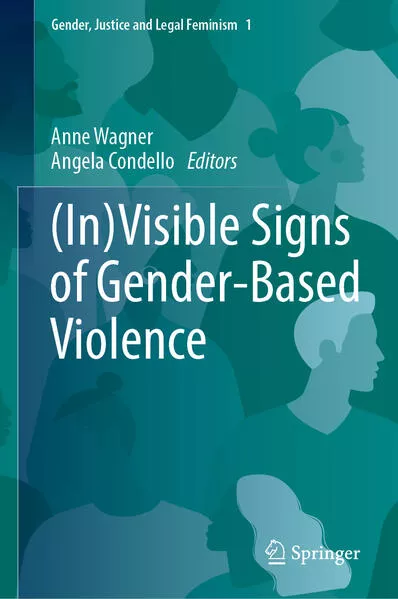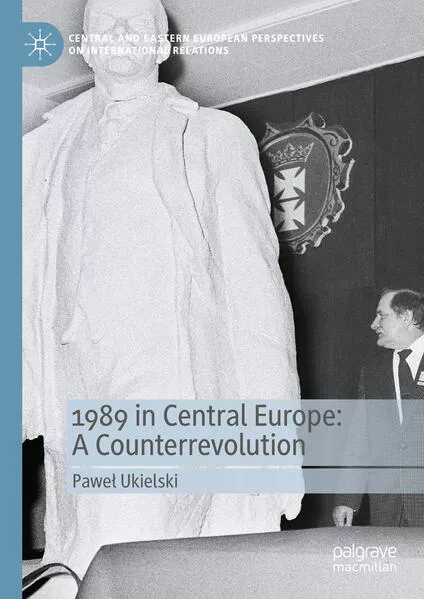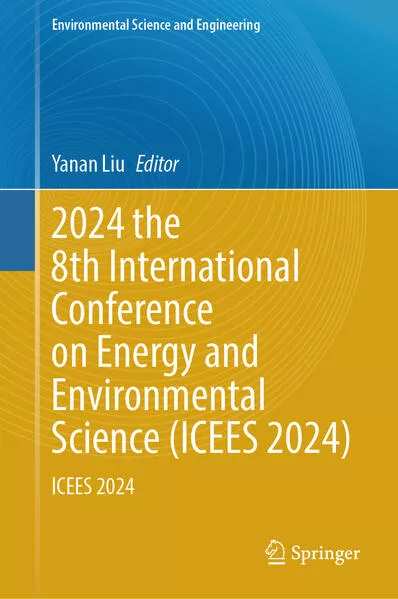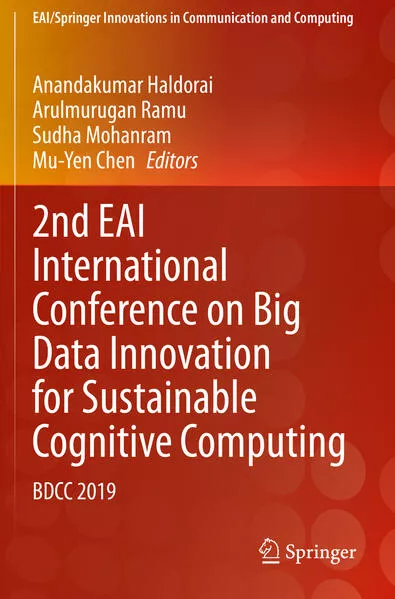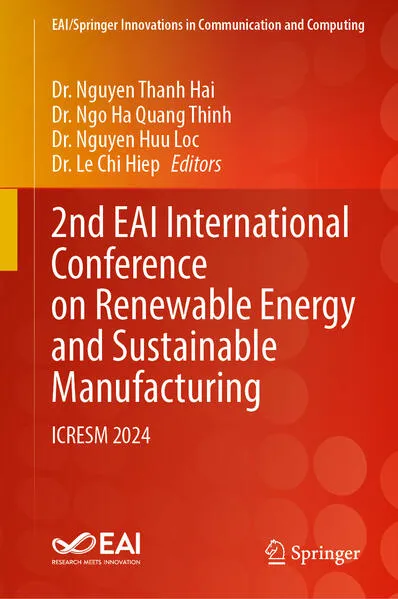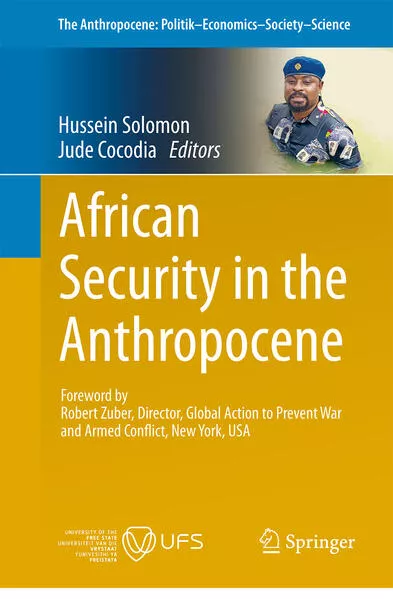
African Security in the Anthropocene
•The authors are academics, policy makers and military veterans who have worked in building capacity on the African continent•The book is comprehensive in scope, strong on theory, pragmatic in policy and reflects experience from the field.•The authors approach makes the book easy, interesting and intriguing.
Unterstütze den lokalen Buchhandel
Nutze die PLZ-Suche um einen Buchhändler in Deiner Nähe zu finden.
Bestelle dieses Buch im Internet
| Veröffentlichung: | 19.03.2023 |
| Höhe/Breite/Gewicht | H 23,5 cm / B 15,5 cm / - |
| Seiten | 188 |
| Art des Mediums | Buch [Taschenbuch] |
| Preis DE | EUR 90.94 |
| Preis AT | EUR 93.49 |
| Reihe | The Anthropocene: Politik—Economics—Society—Science 36 |
| ISBN-13 | 978-3-031-25150-4 |
| ISBN-10 | 3031251504 |
Über den Autor
Hussein Solomon is Senior Professor and Academic Head of Department in the Department of Political Studies and Governance at the University of the Free State, South Africa. He is Deputy Chair of the Pugwash Conferences on Science in World Affairs (South African Chapter). His research interests include conflict and conflict resolution in Africa, South African Foreign Policy, international relations theory, religious fundamentalism and population movements within the developing world. His most recent books include Arab MENA Countries: Vulnerabilities and Constraints Against Democracy on the Eve of the Global COVID-19 Crisis (with Arno Tausch, Springer 2021), Exporting Global Jihad (with Tom Smith, IB Tauris/Bloomsbury 2020), Islamism, Crisis and Democratization: Implications of the World Values Survey for the Muslim World (with Arno Tausch, Springer, 2020).
Diesen Artikel teilen
0 Kommentar zu diesem Buch
.... weitere Publikationen von Springer International Publishing
Echo aus dem Eis: Band 2 der Northern-Drift-Reihe - Aviation-Mystery in Eis und Dunkelheit
Bewerbungsfrist bis zum: 03.03.2026






